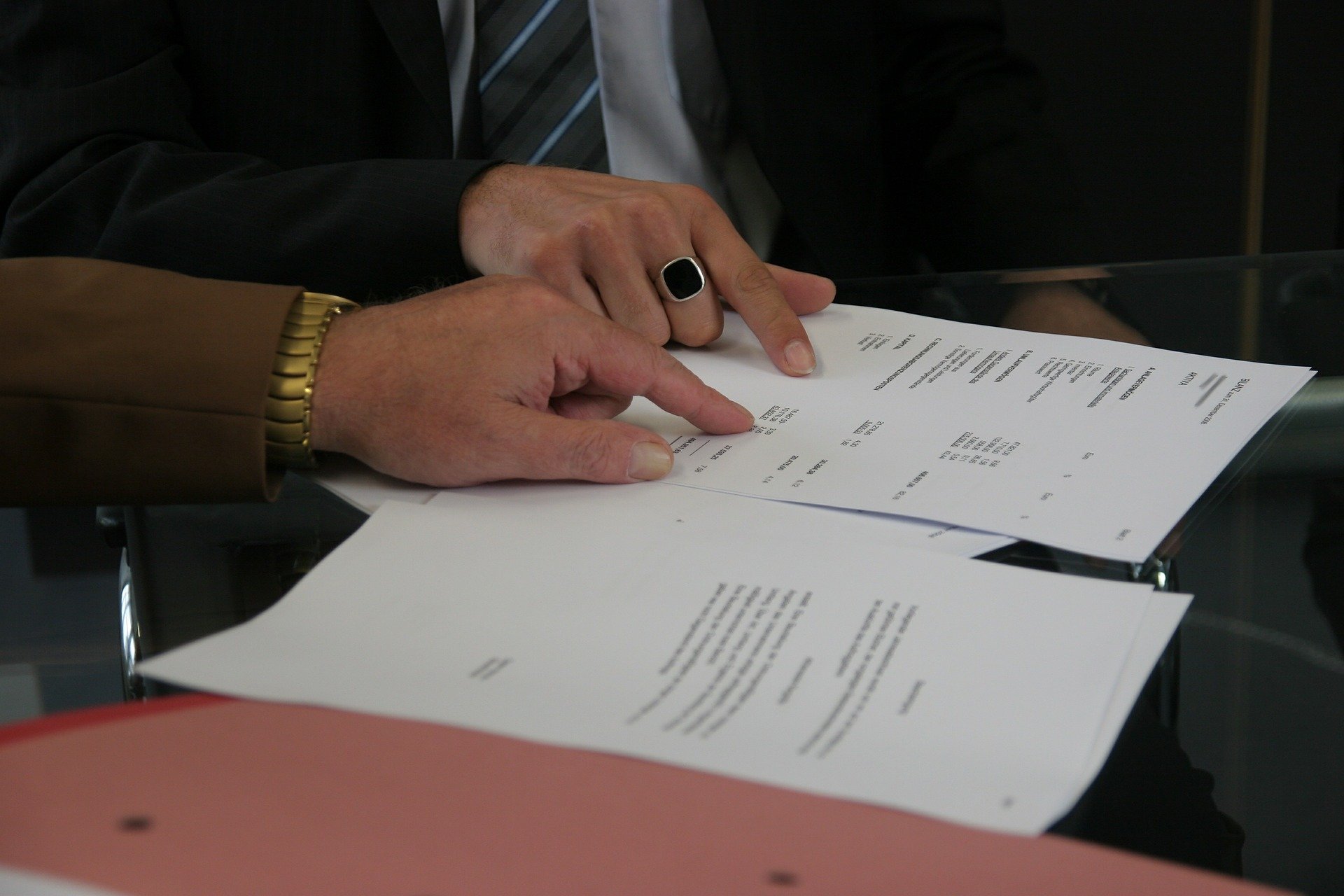

I want to lose my hard-earned money… said no one ever! Delay damages can quickly eat away at any expected profit on a project; it is crucial to avoid them at all costs. In this article, we will discuss practical ways to prevent delay damages.
Preventing delay damages starts with an accurate bid. One of the most important considerations an owner considers while hiring a general contractor is how long it will take to complete the project. Time is money, so everyone always wants the job completed as soon as possible. A construction project is nothing but an expense until it is completed and useable for its intended purpose.
For a commercial owner, the completion date is the date the owner can count on to start making money instead of spending it. The owner makes plans based on the promised completion date and could suffer financially if the completion date is delayed. To make sure the completion date is met, the owner will often put a delay damages provision in the contract with the general contractor. If the subcontract incorporates the prime contract, then that delay damages provision rolls down to the subcontractors.
The date the general contractor gives to the owner as a completion date is based on the subcontractors’ time estimates in their bids. That is why it so important to accurately estimate how much time your work will take. If you are honest and upfront initially, it is less likely that you will be held to an unreasonable completion date.
Another way to avoid delay damages is to make sure the schedule attached to the contract is accurate, and you can complete your work in the time frame provided by the construction schedule. The schedule is the tool used to measure if you will be responsible for delay damages. If you completed your work by the date outlined in the schedule, you would not be liable for delay damages. If you did not finish your work by the deadlines in the schedule, you could be responsible for delay damages.
If something happens at the project that will affect the amount of time it will take you to complete your work, you need to notify the owner or general contractor as soon as possible about the issue. Specifically, you should make your concerns known in writing and request whatever additional time and schedule changes you think will be necessary to complete your work. You could put this in your daily reports or email the project manager directly regarding the issue. The sooner you put the problem and/or concerns in writing, the better off you will be.
If you are forced to pay overtime to your employees or incur other additional expenses to complete your work per the contract schedule, you will not be able to recover this extra expense. In the long run, it will be less expensive for you to incur overtime and any other additional expense required to finish your work by the promised completion date than pay delay damages. More often than not, construction delay damages will outweigh these extra expenses.
When preparing your bids for a new construction project, be realistic from the start. There is a lot of strategy and importance involved in placing an honest proposal. Understanding your construction bid and how it could affect your liability on a project down the road is crucial.
Need legal assistance with your construction projects? Call us first. Our knowledgeable team at The Cromeens Law Firm is here to help you navigate and break down the language in your construction contracts so that you can best protect yourself on the front end to avoid liabilities down the road. Contact us today to set up a time to discuss delay damages and the language in your construction contracts. Do not lose a cent of your hard-earned money!
Karalynn Cromeens is the Owner and Managing Partner of The Cromeens Law Firm, PLLC, with over 17 years of experience in construction, real estate, and business law. A published author and passionate advocate for contractors, she has dedicated her career to protecting the businesses her clients have built. Karalynn is on a mission to educate subcontractors on their legal rights, which inspired her books Quit Getting Screwed and Quit Getting Stiffed, as well as her podcast and The Subcontractor Institute.

